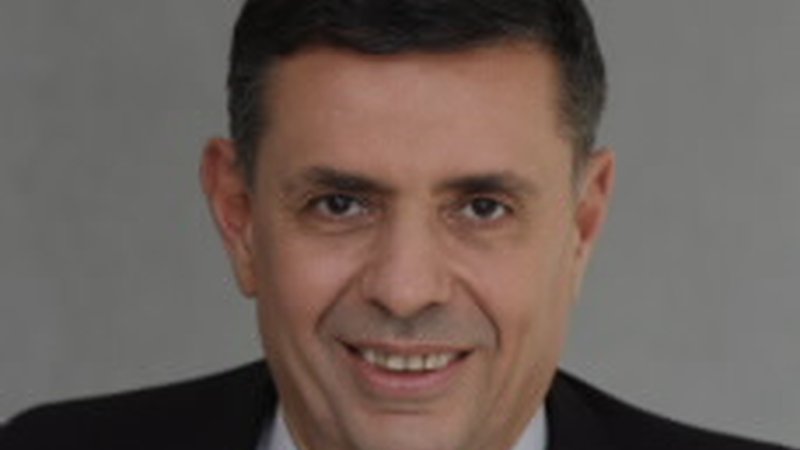News

"If twenty years ago, when I was still working in Sofia, someone told me that we would join the EU and that Bulgaria and the other CEE countries would be driving forces for growth and an island of stability for investments in developing markets, I would have told them to see a psychiatrist. Today CEE has transformed from Europe's backyard into a completely new territory.“ This is what Lyubomir Mitov, Chief Economist of UniCredit for CEE, shared during the round table on "Sustainable Financing in CEE: the EU funds as a tool for innovations" during the Annual meeting of the European Bank for Reconstruction and Development (EBRD), 11-12 May, London. This year's meeting commemorates 25 years since the establishment of EBRD.
According to the economist, the drive of the CEE counties to join the EU has been the most essential starting point for reforms in these countries during the last quarter of a century. "The reforms came at a high price, including a high social one. However, in this process the EU countries demonstrated strong solidarity in two directions - they provided cooperation and financing with which the reforms were realized" Mitov commented.
"The EU funds cannot replace the decreased flow of foreign direct investments. They come as an addition which supports the development of a country's infrastructure so that it becomes more attractive to foreign investors" the economist believes.
According to another participant in the round table Paolo Bozzolo, the Head of "Project Financing for Austria and CEE" of UniCredit, one of the challenges with EU funds is that today there are 30 or 40 or 50 different types of EU programmes, especially for the small and medium-sized enterprises, and each programme has different criteria. Thus sometimes it is necessary to divide one project into smaller ones and to pass through the application process under different programmes for parts of this project. „Having 10 better structured programmes will facilitate the process" Bozzolo believes. He emphasized that banks have the capacity to support the small and medium-sized businesses to fulfill the criteria for applying for EU funds.
„The quality of human capital and of investments will be the main challenge to the CEE countries for the next 15 to 20 years in addition to infrastructural improvement and judicial reform" added Lybomir Mitov. According to him, it is now of the highest importance to make changes and improvements in the sphere of education so that there will be a sufficient number of people who are well-prepared and able to work with new technologies. To a question of Investor.bg regarding the challenges which Bulgaria is facing, the economist responded by pointing out that on macroeconomic level the indicators seem to be under control, however, it is of key importance for us to focus on the pension reform, the energy sector, the judicial system and “on education, education, and education.”
More information for media:
UniCredit Bulbank, Identity & Communications Department
Viktoria Blajeva, Phone: + 359 2 9264 993, wjlj/ebwjepwbAvojdsfejuhspvq/ch
Beatris Nikolova, Phone: +359 2 9232 528, cfbusjt/ojlpmpwbAvojdsfejuhspvq/ch